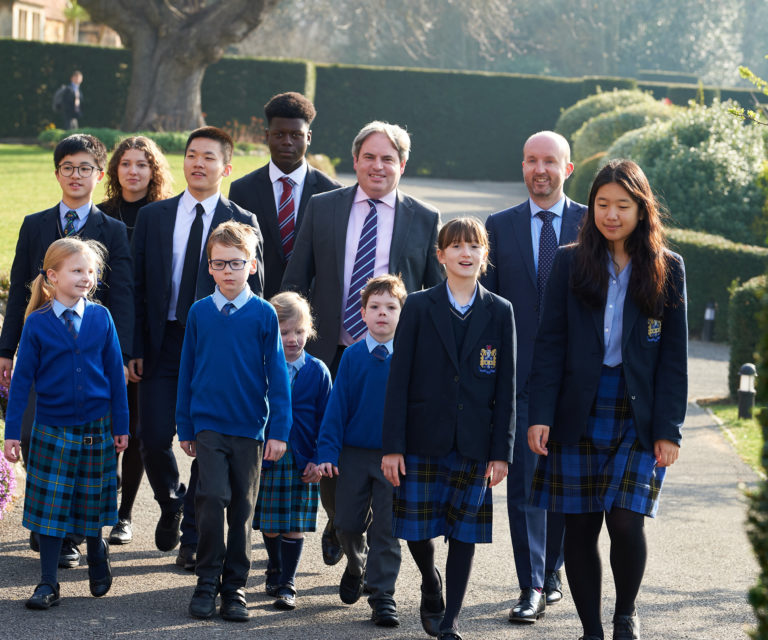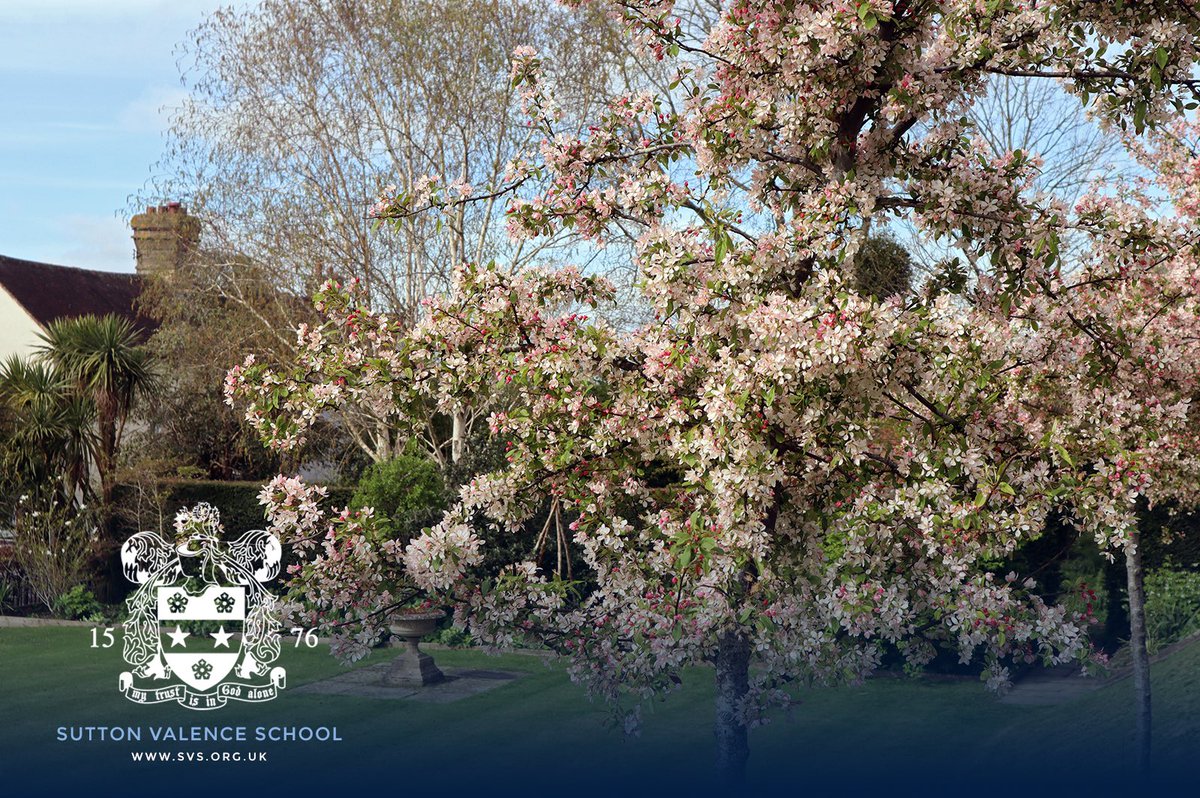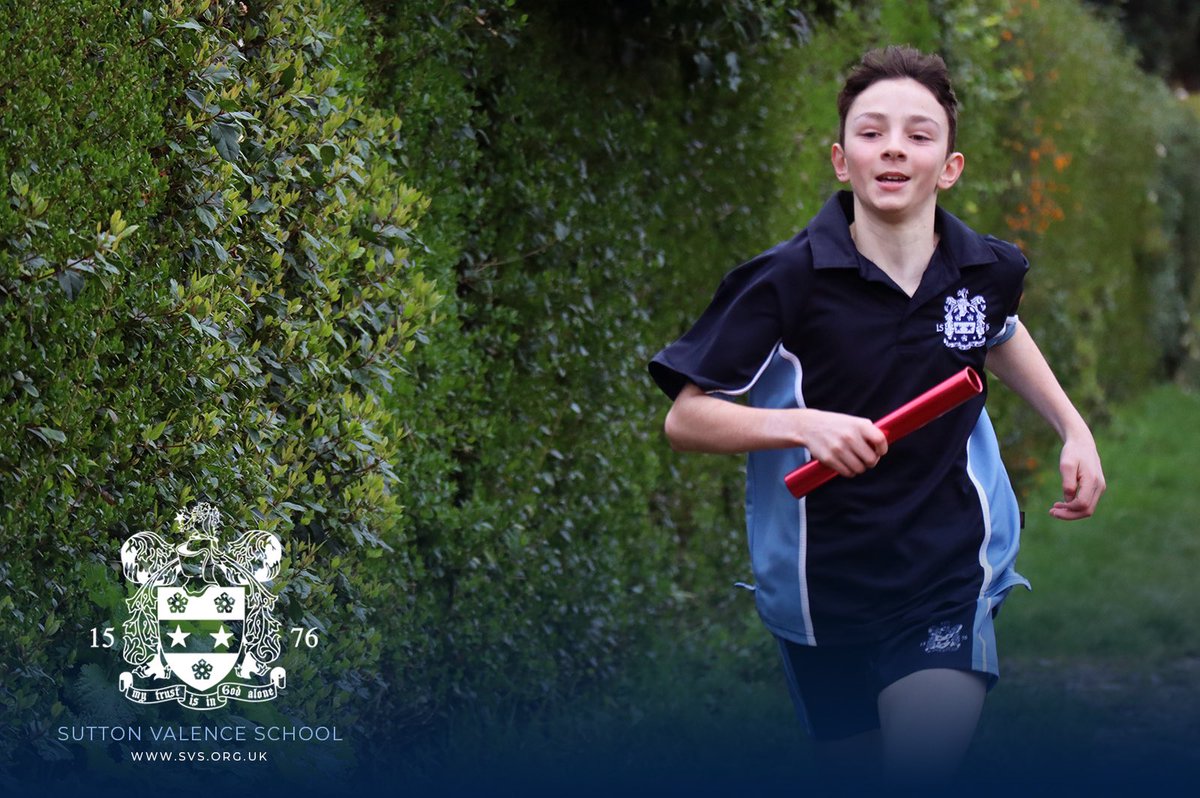On Sunday 13th March, ten CCF cadets attended a military skills competition at Longmore Army Camp. Colour Sergeant Maximus Woods (Lower Sixth) has written the following report on the competition:
Our venture to the military competition started many months ago when it was announced to me that a group of boys and I would train, prepare and participate in a CCF skills competition against a 26-strong conglomerate of ACF and CCF sections from the south of England. This was a competition in which our ability to follow orders and complete tasks effectively and quickly would be tested.
The training ensued with a competent squad made up of ten cadets. With the squad assembled, we travelled the night prior in order to be at the first event on time, which was at 8am sharp. There were seven events placed in different parts of Longmore Army Camp and we would go to each event on the hour, complete it in accordance with our training and move onto the next event. We were marked on patrolling between the events and our punctuality as well as our performance in the event itself.
After a good night’s sleep in the barracks accommodation and a terrific breakfast comprised of sausage and bacon sandwiches, we lined up outside our barracks. Equipped with all webbing, burgen and camo cream, we set out.
We approached our first event which was section attack. We used quick reactions to attack an enemy position, crawl up and destroy the enemy.
Once back where the attack started, we were debriefed and headed to the next task. This task we did not do so well in, as our heads-up nature of patrolling conflicted with our perceptiveness. The task entailed using a paintball gun to slowly move forward to a position, shooting any targets that popped up whilst also making note of any lost or missing equipment. We formed into our pairs and set off. We found that we were effective in shooting the enemy but our ability to examine the surroundings for small objects was lacking. This lead to effective responses to enemy contact but loss of points on observation.
We then patrolled to the radio and communication task. The task was considerably harder than we had anticipated and as a result, we learnt a valuable lesson. Next year, we will come back with a better knowledge of communications.
Our last task before lunch was medical evacuation. In order to complete the evacuation, we had to enter an area where enemy could be, work out who had been injured and how badly, secure the area and evacuate the casualties. We had two different scenarios to respond to. In the first one, we secured the area but did not manage to perform the required first aid on all the casualties. Following a debrief, we took on board the points made and moved on to the second scenario, where we had to secure the area around a helicopter crash. This went much better as we learnt from our mistakes.
After a quick lunch of ration packs, we only had navigation, command tasks and air rifle shooting left. The navigation involved a lot of small individual and group tasks and, whilst this was not our strength, we successfully completed all the tasks. The air rifle shooting involved shooting from the prone and kneeling positions and also required communication with a spotter standing behind us.
The final activity was one of our strengths – command tasks. Our task was to cross a makeshift river without touching the floor and using only certain objects. This is to test the ability of the commander to communicate and control and the ability of the group to tackle tasks together as one unit. With good teamwork, we quickly agreed upon a plan of how to deal with the problems facing us and successfully achieved the objective. The second task involved the creation of a device to move objects from one side of a line. This was considerably more difficult than the first task but with good communication we managed to come up with a good solution. This was the most successful of all the seven tasks we had to do, being positioned seventh overall.
The whole team should be very happy with our placement of 14th overall out of 26 teams. For our first time, and with the majority of our cadets being Fourth Form, this is a good score, especially going up against largely older teams and even ACF. Despite being new to the competition as a whole, we attacked almost every task with the same intensity and that led us to a lot of our points.
I would like to thank Major Millbery, Major Prem and Lieutenant Sagrott for coming with us to support and Major Prem for training us during lunch times.





